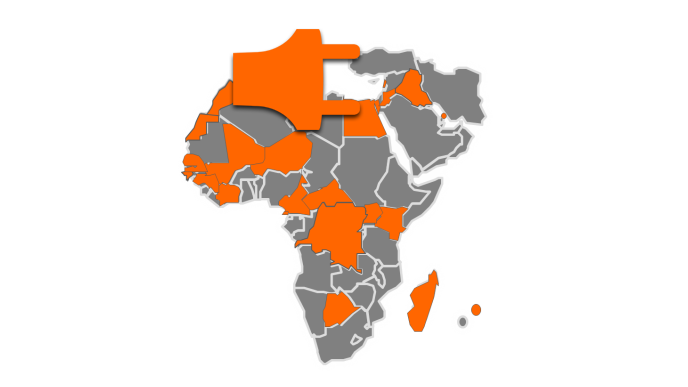Discover the Orange APIs for Middle East & Africa needs
Published: April 10, 2024
Developers and distributors of mobile services in the Middle East & Africa (MEA) face many obstacles, primarily the costs and time involved for dedicated IT projects to integrate technical platforms. To help developers overcome these obstacles, Orange offers a suite of MEA APIs based on three essential building blocks: Communication, Distribution and Payment.
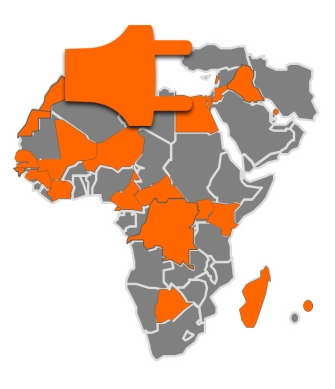
Available in self-service and/or implemented via integrators for rapid access and short time-to-market, you can use these APIs as tools to:
- Communicate with your users with SMS APIs
- Expand your user base to feature phone users by creating and distributing a USSD service through #303# My Store
- Monetize your service via USSD and the Web with our Payment APIs, including Direct Carrier Billing MEA and Orange Money Web Payment
SMS APIs: make your service communicate
More than 700 African startups have subscribed to the SMS notification service offered by Orange. No matter the size of your company, you can build on our mobile network and IT platforms in the region with a range of 9 country-specific APIs.
These APIs are available in self-service and at very competitive prices. Communicating with your customers will be child’s play with our SMS APIs!
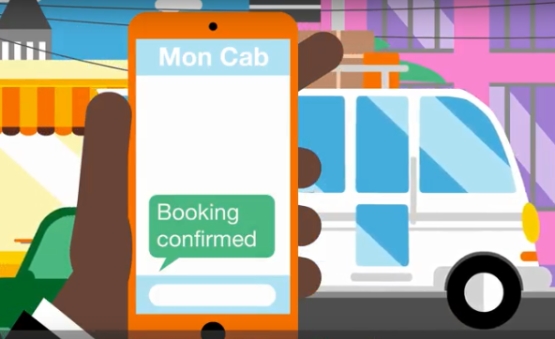
Payment APIs to monetize your service
If you want to make the most of the African e-commerce boom, you need solutions tailored to local markets, where few people use credit cards, and financial service providers are rare. As such, mobile digital solutions are the most effective way to bill users for your service.
Orange offers two major solutions based on a revenue-share model.
Pay with Orange Bill
The Pay with Orange Bill service enables you to bill Orange customers directly through their mobile prepaid balance. Carrier billing is reserved for small sums to pay for digital services, such as games, music, etc. This solution is ideal, for instance, to charge users who browse or subscribe to your service through USSD on #303# My Store.
When you apply for access to Pay with Orange Bill, you will be put in contact with our local aggregator according to your country of business.
With the Pay with Orange Bill API, your customers will be billed from your service directly with their Orange communication credit. It is that easy!

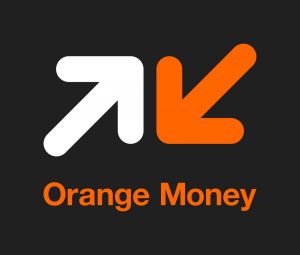
Orange Money Web Payment API
Enable your users to purchase your goods and services online by building on the trust and reliability of Orange Money—one of the most recognized mobile finance solutions in the region.
Orange Money Web Payment is currently available to Orange Money merchants, who can integrate the API into their website with just a few lines of code.
Offer your customers a best-in-class customer experience through the Orange Money payment interface: it’s quick, easy and, most importantly, completely secure. They will love it!
MEA success stories with our APIs
APIs for agriculture
MLouma, a Senegalese startup, launched a virtual agricultural hub providing real-time information on the price, location and availability of farm products.
Formerly a Web-only platform, the platform has expanded to new countries without any additional development, through the Orange #303# My Store service (now deprecated). MLouma also integrated the SMS API to notify users of products’ availability, and Pay with Orange Bill to charge USSD requests
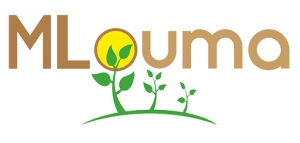
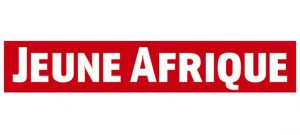
Spreading the news
The pan-African media group Jeune Afrique publishes print and web version of magazines covering African and international news, and offering analysis of key political and economic issues on the continent.
To reach the widest possible audience, Jeune Afrique developed a USSD version of its service, featuring content formatted to small screens and real-time updates. Jeune Afrique also uses the SMS API to notify its users, and the Pay with Orange Bill service to charge subscriptions, which users can pay with their communication credits.
After a successful launch in Cameroon, the USSD mobile version of Jeune Afrique’s service will expand across Africa with Senegal, Ivory Coast, Mali, Democratic Republic of Congo, Niger, and soon the rest of the Orange MEA footprint.
